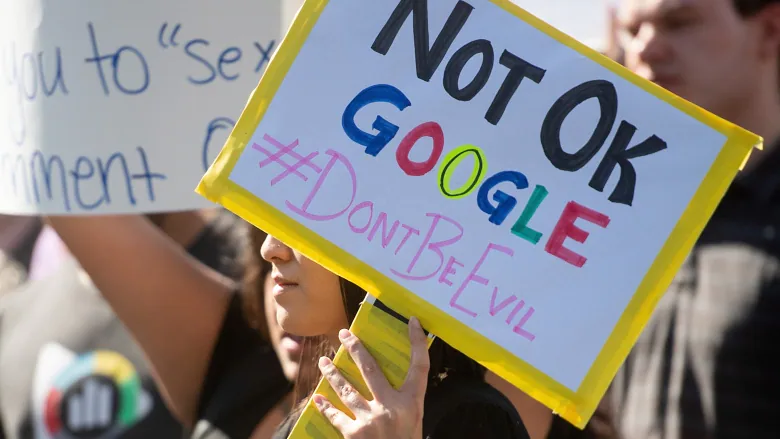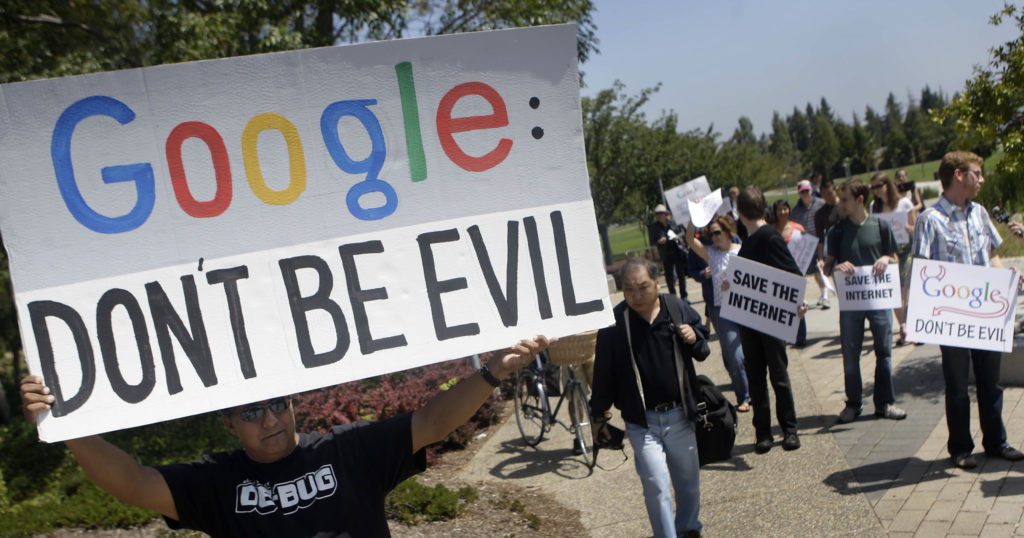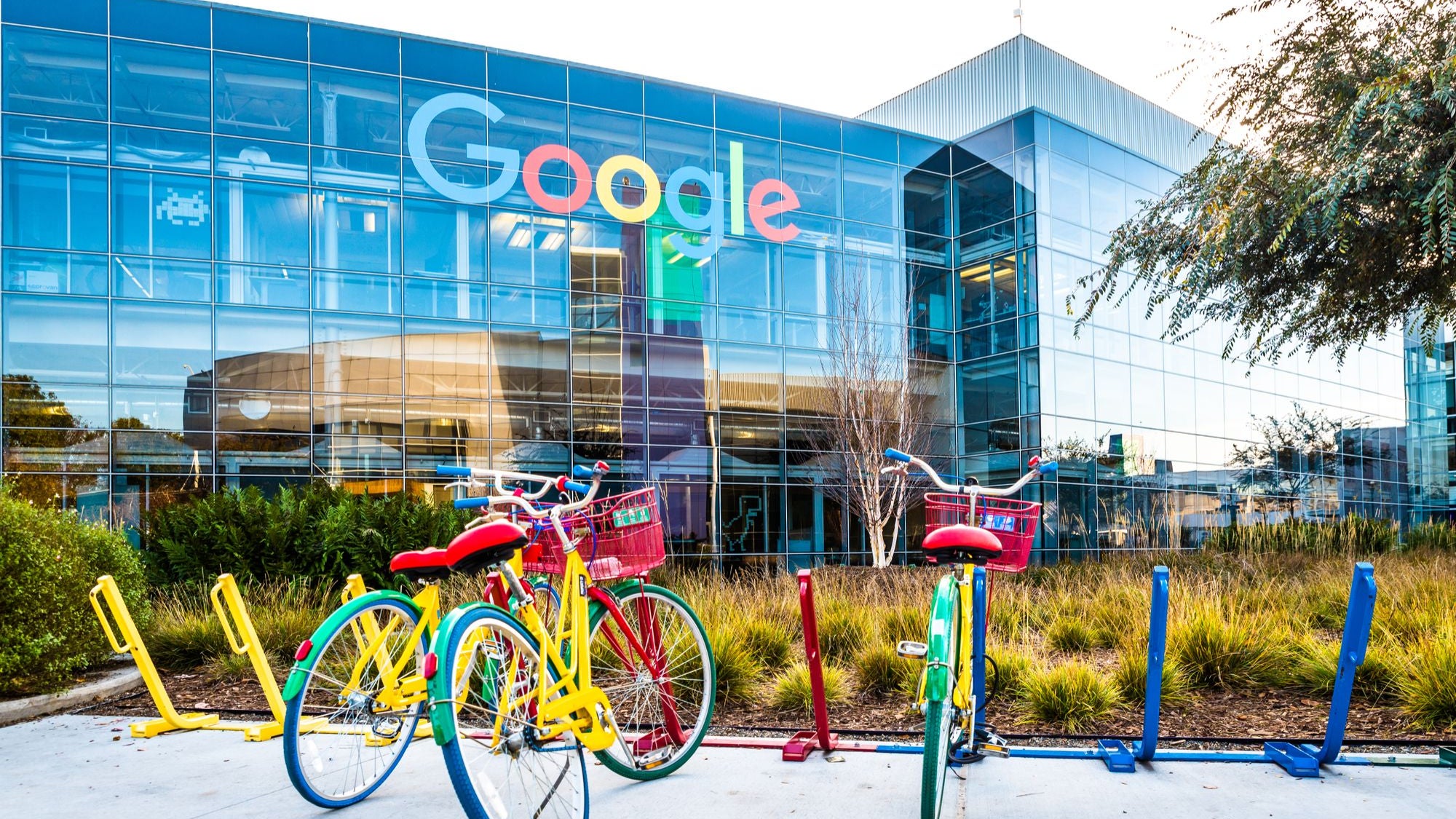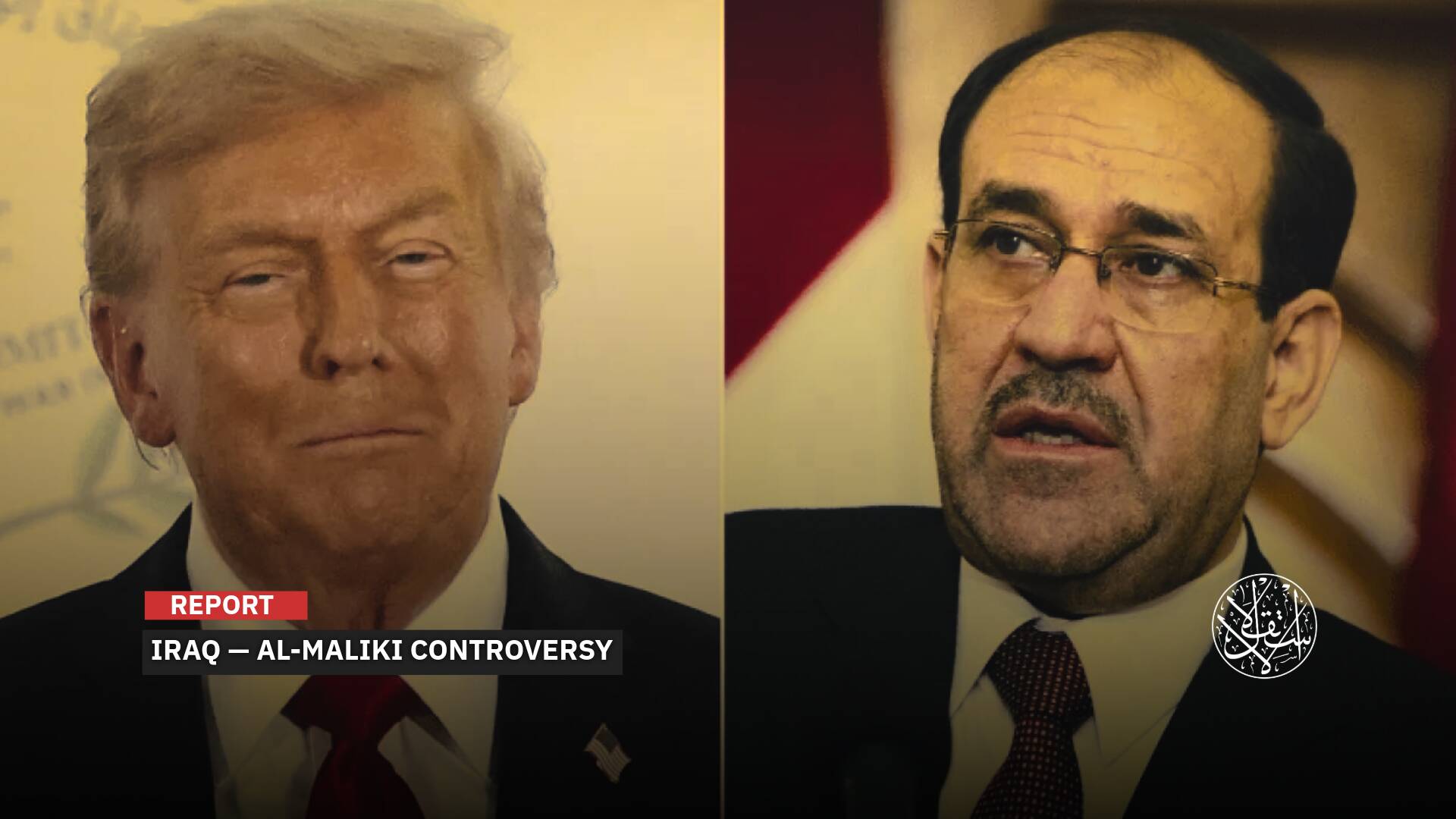Most Important Settlement Ever Between Google and 40 US States About Users’ Privacy

Google has reached a settlement with 40 US states. It agreed to pay $391.5 million to end an investigation into the way it collects user data.
A statement issued by New Jersey Attorney General Matthew Platkin indicated that the findings constituted the most significant settlement ever concluded with multiple states regarding protection of personal information in the United States.
The states that led the investigation confirmed that Google was violating users’ right to confidentiality by collecting geolocation data without permission for advertising purposes.

Users at Risk
The New Jersey prosecutor asserted that Google cannot pretend to give users control over their personal information, and then ignore these features to collect data and sell it to advertising companies, which contradicts the apparent desire of Internet users.
He added that when platforms violate users’ right to respect their privacy, they put them at risk.
According to the terms of the settlement, Google should clearly identify any data collected related to geolocation, even if the user has removed the location feature in one service and left it in others.
The United States does not have any federal law related to the protection of personal data, unlike what is adopted in the European Union. However, a number of US states, including California and Colorado, have adopted similar laws.
Google, like several giant companies in Silicon Valley, has been criticized for its economic model, which is based on selling advertising space targeting users on a very large scale, and relies on data collected by the group about internet users, starting with their browsing of websites, to their usage of free applications.
From his side, Google’s company spokesperson said: “Consistent with improvements we’ve made in recent years, we have settled this investigation, which was based on outdated product policies that we changed years ago.”

Historic Victory
The investigation into the case began after the Associated Press revealed in 2018 that Google continued to track people’s location data even after opting out of this tracking by disabling a feature called location history.
The attorney general described the settlement as a historic victory for users, and the largest privacy settlement in US history.
“This $391.5 million settlement is a historic win for consumers in an era of increasing reliance on technology,” Connecticut Attorney General William Tong said in a statement. “Location data is among the most sensitive and valuable personal information Google collects, and there are so many reasons why a consumer may opt-out of tracking.”
The Associated Press reported that many Google services on Android and iPhone devices store users’ location data even if they use a privacy setting that prevents the search engine from doing so. Computer science researchers at Princeton University confirmed the findings at the agency’s request.
Storing such data poses privacy risks and has been used by police to locate suspects.
According to an Associated Press report in 2018, the privacy issue with location tracking affected nearly two billion users of devices running Google’s Android driver and hundreds of millions of iPhone users worldwide who rely on Search engine maps or search.
Prosecutors who launched the investigation said a key part of the company’s digital advertising activity is location data, which they describe as the most sensitive and valuable personal data the company collects. They added that even a small amount of location data could reveal a person’s identity and actions.
State officials said Google, part of Alphabet Inc. in Mountain View, California, uses location information to target consumers with ads from its customers.
The attorney general said Google has misled users about location-tracking practices since at least 2014, violating state consumer protection laws.
As part of the settlement, Google also agreed to make these practices more transparent to users. This includes showing them more information when site account settings are turned on and off and maintaining a web page that provides users with information about the data that Google collects.

Violating Privacy
In June 2022, Google acquiesced in its conviction for violating the privacy of information and data of users and agreed to pay $100 million to settle a class-action lawsuit recently filed against the company.
The details of the incident came back when a class action lawsuit was filed against the company over one of the facial recognition features that it provides through the Google Photos application, and according to the complaint, the face-collecting tool from Google, which automatically identifies your face in photos and videos uploaded to photos, is a violation of the law Privacy of Illinois biometric information, according to Tribune.
This comes from the introduction of the 2008 BIPA Act, under which companies are prohibited from collecting and storing any type of vital data about users, including scanning of the retina, iris, voice, fingerprint, or face, without informing anyone in writing of the reason Collecting this data about him, in addition to the period for which the company plans to store this data about him.
According to the complaint, Google committed a direct violation of this law by collecting and analyzing the structure of people’s faces in relation to the face grouping feature without providing notice or obtaining prior written consent or publishing data retention policies.
Other than paying the said amount, it will also provide all users with a notification about the face classification feature, so all people who were in Illinois and appeared in a photo or video via Google Photos between May 1, 2015, and April 25, 2022, they can claim on the site for financial compensation ranging from 200 to 400 dollars, provided that the final settlement session will be held on September 28.
In such a case, Facebook was obligated to pay $650 million after another class-action lawsuit in the same state, and the complaint alleged at the time that the Tag Suggestions tool, which has been discontinued in the platform, had also analyzed users’ faces in photos and was violating biometric privacy laws for the state.













